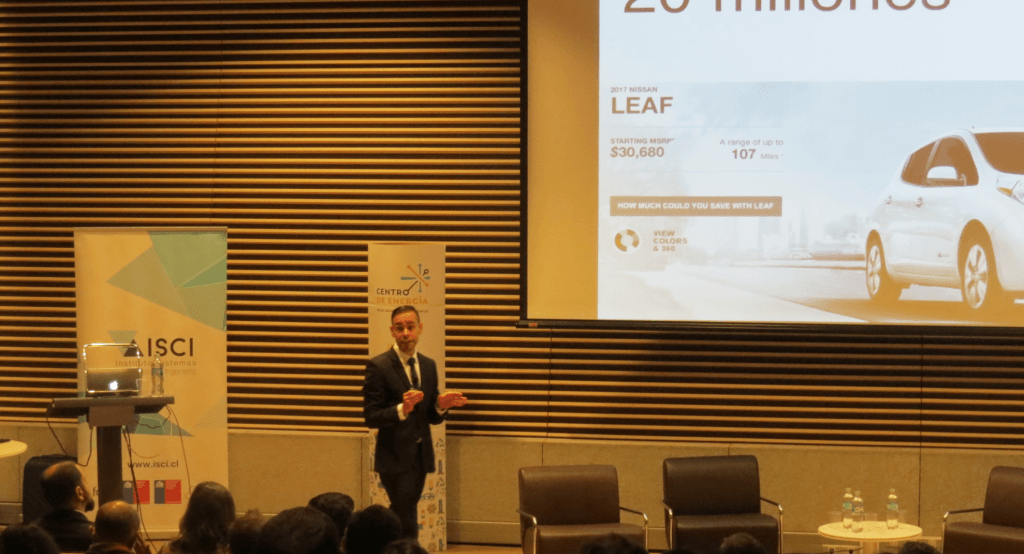Ricardo Daziano, professor, choice modeler, Curriculum Vitæ | Google Scholar | ✉︎ daziano@cornell.edu
 Ricardo A. Daziano received a Ph.D. in economics from Laval University in 2010. He joined the Cornell CEE faculty in January 2011 adding a new dimension to the area of sustainable systems engineering in both teaching and research.
Ricardo A. Daziano received a Ph.D. in economics from Laval University in 2010. He joined the Cornell CEE faculty in January 2011 adding a new dimension to the area of sustainable systems engineering in both teaching and research.
Faculty Profile (2019): https://research.cornell.edu/researchers/ricardo-daziano
A description of Daziano’s research from 2016: breaking rules to expand the field of civil engineering

Understanding individual choice behavior is critical for several disciplines that need to account for supply and demand dynamics. However, describing and predicting the behavior of agents is extremely challenging. Sophisticated mathematical models are required to better represent individuals’ decisions among mutually exclusive alternatives.
The work of Daziano and his research group combines technical contributions in the search for more flexible choice models for engineering decision making – such as the derivation and analysis of estimators of advanced statistical models with less stringent assumptions over taste shocks – with empirical applications that necessitate a more flexible approach for providing more accurate predictions. The goal is to better understand the interplay of consumer behavior with engineering, investment, and policy choices for energy-efficient technologies.
Main Research Areas
- Consumer response to mobility and residential energy efficiency
- Mobility on demand and vehicle automation
- Advanced estimators of flexible discrete choice models (Bayesian, semiparametrics)
Paper Highlight – Bansal, P, V Keshavarzzadeh, A Guevara, S Li, and RA Daziano. 2022. Designed Quadrature to Approximate Integrals in Maximum Simulated Likelihood Estimation. The Econometrics Journal 25 (2), 301-321
Maximum simulated likelihood estimation of mixed multinomial logit (MMNL) or probit models requires evaluation of a multidimensional integral. Quasi-Monte Carlo (QMC) methods such as shuffled and scrambled Halton sequences and modified Latin hypercube sampling (MLHS) are workhorse methods for integral approximation. A few earlier studies explored the potential of sparse grid quadrature (SGQ), but this approximation suffers from negative weights. As an alternative to QMC and SGQ, we looked into the recently developed designed quadrature (DQ) method. DQ requires fewer nodes to get the same level of accuracy as of QMC and SGQ, is as easy to implement, ensures positivity of weights, and can be created on any general polynomial spaces. We benchmarked DQ against QMC in a Monte Carlo study under different data generating processes with a varying number of random parameters (3, 5, and 10) and variance-covariance structures (diagonal and full). Whereas DQ significantly outperformed QMC in the diagonal variance-covariance scenario, it could also achieve a better model fit and recover true parameters with fewer nodes (i.e., relatively lower computation time) in the full variance-covariance scenario. Finally, we evaluated the performance of DQ in a case study to understand preferences for mobility-on-demand services in New York City. In estimating MMNL with five random parameters, DQ achieved better fit and statistical significance of parameters with just 200 nodes as compared to 1000 QMC draws, making DQ around five times faster than QMC methods.


Recent Comments